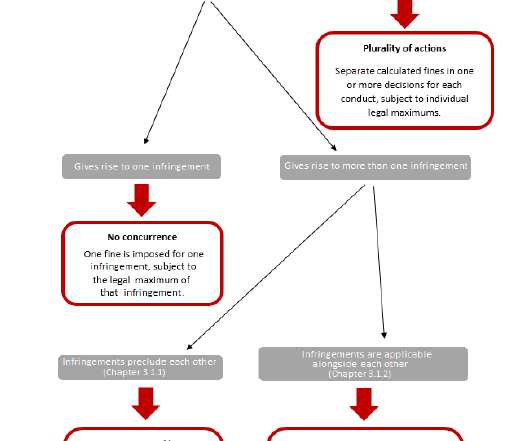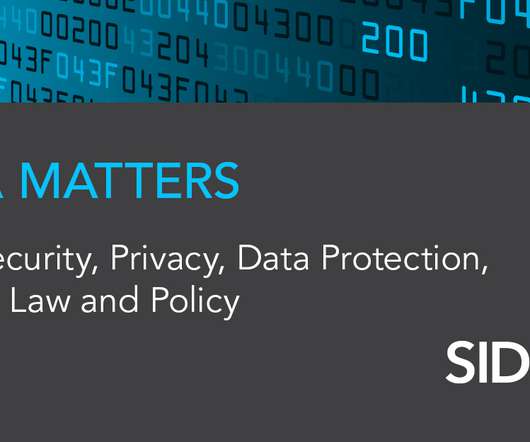EDPB publishes guidance on calculating GDPR fines
Data Protection Report
JUNE 9, 2022
On 12 May 2022 EDPB adopted Guidelines on the calculation of administrative fines (the Guidelines ). The Guidelines supplement the Article 29 Working Party’s Guidelines on the application and setting of administrative fines ( WP253 ) adopted in October 2017 and recommends that the two are read together.














Let's personalize your content